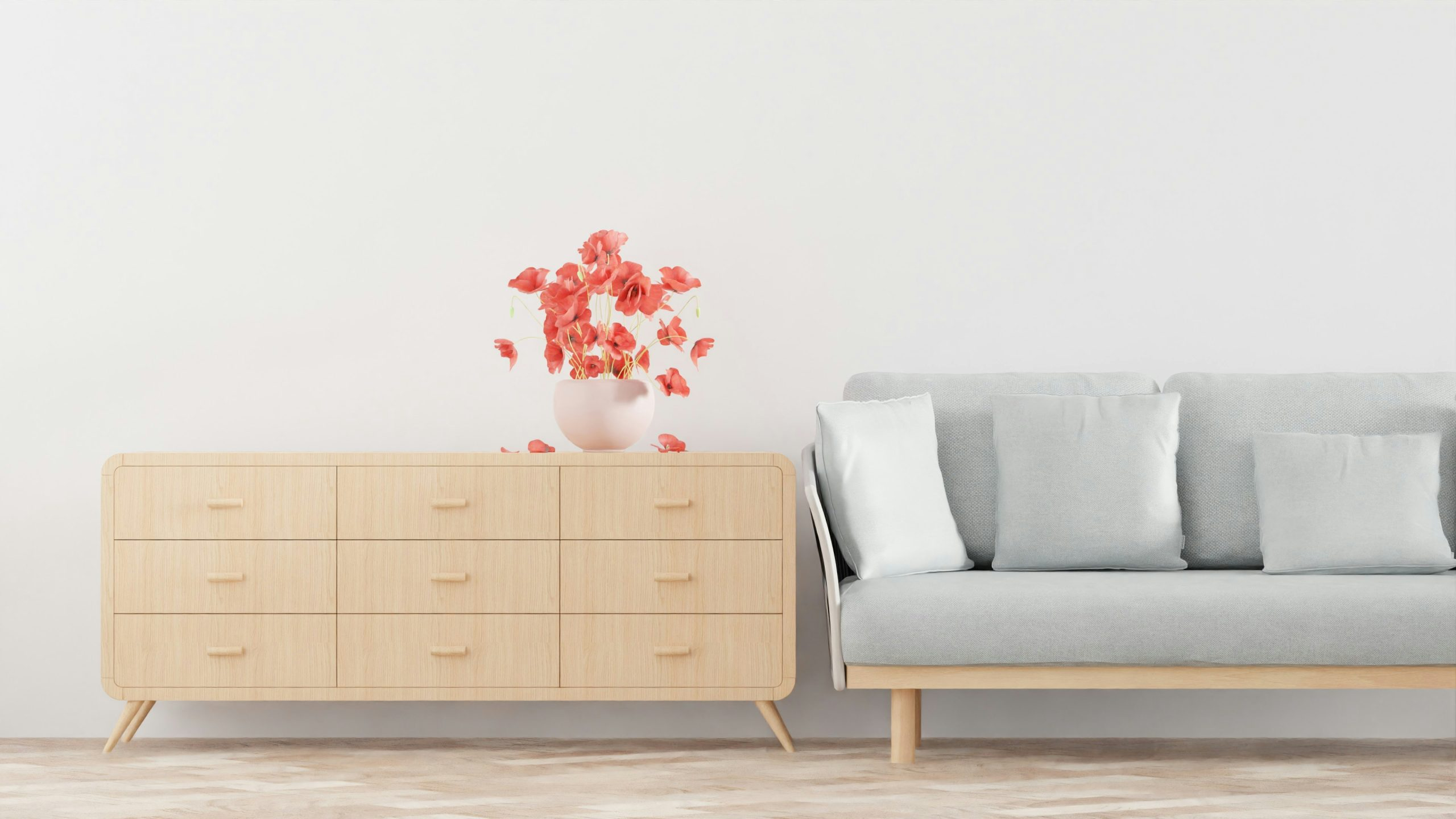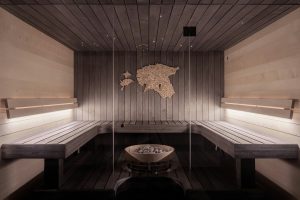Why Student Housing Design Impacts Academic Performance
The design of student housing has been a highly debated topic, with many studies and researches conducted on its impact on academic performance. The traditional belief was that good grades solely depended on a student’s intelligence and motivation, with little consideration placed on their living environment. However, recent studies have shown that student housing design plays a significant role in academic success. In this article, we will dive into why student housing design impacts academic performance and how it can be improved to enhance the learning experience for students.
The Importance of Student Housing Design
For many students, college is their first experience living away from home. As they navigate their newfound independence, the design of their living environment can greatly impact their overall college experience. A well-designed student housing can not only provide a comfortable and safe space for students to live in, but it can also significantly influence their academic performance and well-being.
Comfort and Stress Reduction
One of the main reasons for the impact of student housing design on academic performance is the level of comfort it provides. Living in a cramped and uncomfortable space can negatively affect a student’s mental and emotional state, leading to increased stress and anxiety. On the other hand, well-designed student housing offers spacious and comfortable living quarters, reducing stress levels and promoting a more conducive learning environment.
Effective Use of Space
The design of student housing also plays a crucial role in maximizing the use of available space. With limited living quarters, it is essential to utilize the space efficiently, providing students with all the necessary amenities without feeling cramped. Student housing that is thoughtfully designed allows for proper organization and storage, which can greatly reduce distractions and promote focus and productivity.
Influence on Learning and Studying Habits
The design of student housing can also impact a student’s learning and studying habits. For instance, a well-lit and comfortable study area within the living quarters can encourage students to spend more time studying, while a poorly lit and uncomfortable space can be a hindrance. Additionally, well-designed student housing can provide students with communal spaces for group studying, promoting collaboration and enhancing the learning experience.
Improving Student Housing Design for Better Academic Performance
With the increasing awareness of the impact of student housing design on academic performance, schools and universities have started to prioritize the design of their student housing. Here are some ways student housing design can be improved for better academic performance:
Collaborative Spaces
Collaborative spaces within student housing can promote collaboration and learning among students. These spaces can be designed to be open and inviting, with comfortable seating and adequate lighting for studying and group discussions.
Comfortable Study Areas
Providing students with a comfortable and well-lit study area within their living quarters can encourage them to spend more time studying. This can greatly enhance their academic performance, as they will have a dedicated space for studying without any distractions.
Incorporating Nature
Many studies have shown that exposure to nature can greatly reduce stress and improve cognitive function. Incorporating natural elements in student housing design, such as green spaces or natural lighting, can provide students with a sense of calm and promote better academic performance.
Personal Space
Creating personal space within student housing can also have a positive impact on academic performance. Having a private area for students to relax and unwind can help reduce stress levels and promote a healthy work-life balance.
Conclusion
The design of student housing is a crucial factor in determining a student’s academic success. By providing comfortable and well-designed living spaces, universities can greatly enhance their students’ learning experience and promote better academic performance. With the proper prioritization and investment in student housing design, we can create a positive and conducive environment for students to thrive academically.











